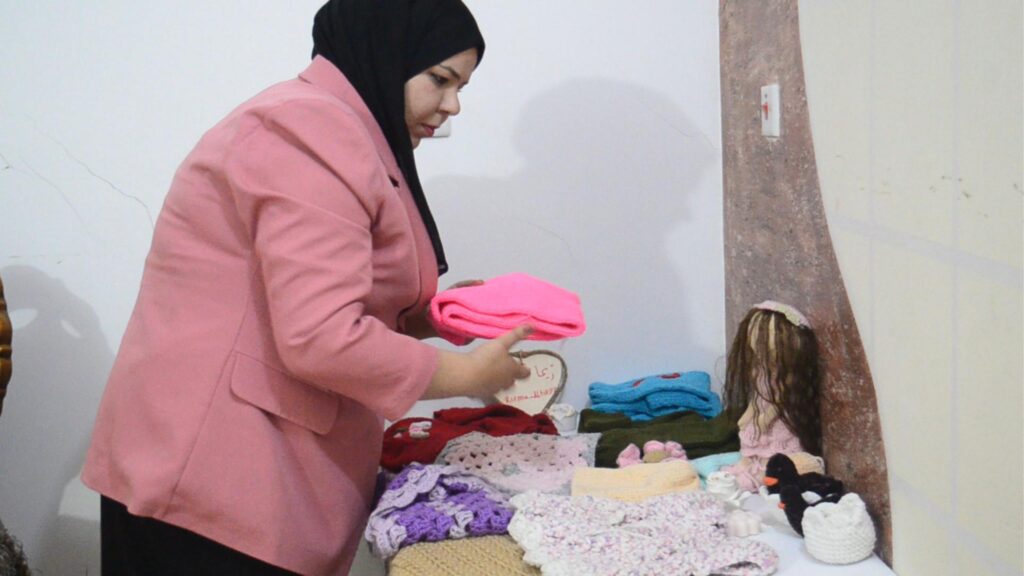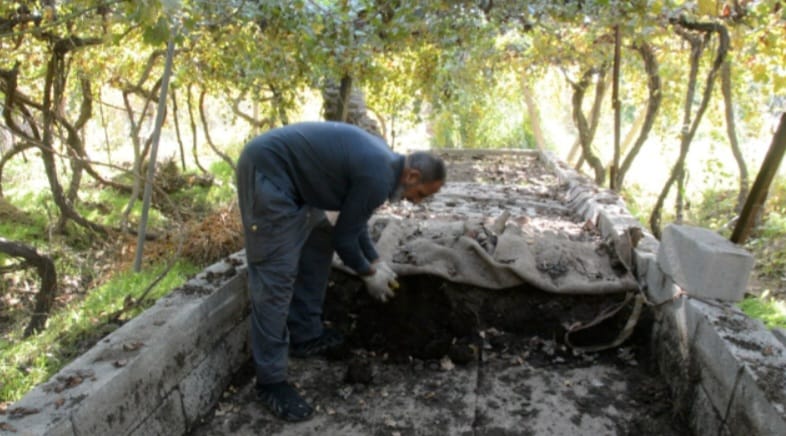Turkey condemns two top female Kurdish politicians to 14, 15 years in jail

ERBIL (Kurdistan 24) - Turkish judicial authorities on Friday sentenced the country's two top female Kurdish politicians to a combined total of 29 years and three months of imprisonment. They are Gultan Kisanak, the elected Mayor of Diyarbakir Province, and the Co-chair of the Democratic Regions Party (DBP), Sebahat Tuncel.
A Turkish court in the neighboring Kurdish city of Malatya ruled that both politicians were guilty of "membership in a terror organization" and "terrorist propaganda" for their speeches and political activities spanning several years.
Kisanak received a sentence of 14 years and three months whereas Tuncel was handed 15 years of jail time.
Lawyer Cihan Aydin, who defended Kisanak, said in a tweet that the Turkish court changed judges 16 times over 12 hearings in the trial against the duo.
He added that Kisanak, who has been in detention for over two years, appeared before the court for the first time on the day of sentencing, noting also the "Tuncel, who is on a hunger strike, has not been given such a chance even once."
The administration of President Recep Tayyip Erdogan removed Kisanak from her elected post along with the other Co-mayor of Diyarbakir, Firat Anli, in November 2016. They were arrested shortly thereafter.
Diyarbakir, a Kurdish-majority city, is still run by an Erdogan-appointed bureaucrat as the country prepares to go to the ballot box to elect new mayors in upcoming local elections in March.
Tuncel was arrested by police who dragged her through the streets of Diyarbakir days later after she protested the crackdown on Kurdish politicians which still continues.
Kisanak, a former journalist, spent time in the infamous army prison of Diyarbakir where she faced severe torture alongside hundreds of other political prisoners after the Turkish military seized power in the country in 1980.
Former Erdogan ally and Speaker of the Turkish parliament Bulent Arinc in 2012 mentioned the torture that then-lawmaker Kisanak faced in prison, calling it "immoral."
Editing by John J. Catherine






